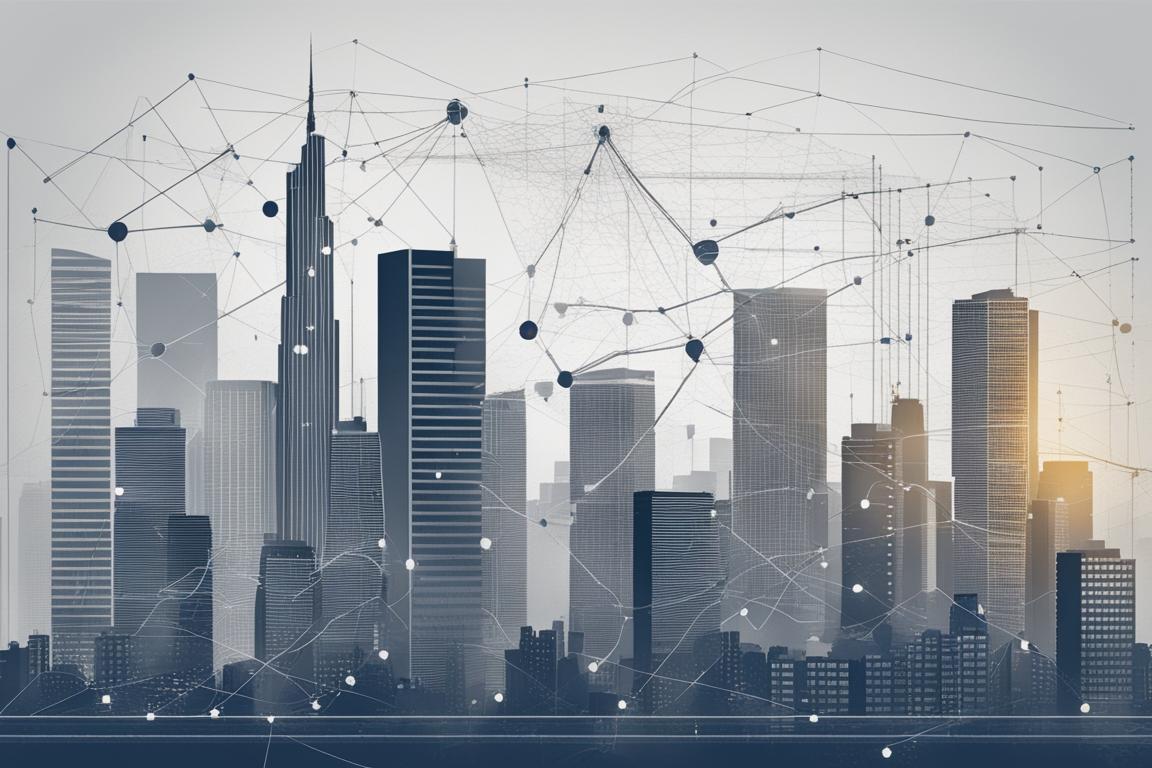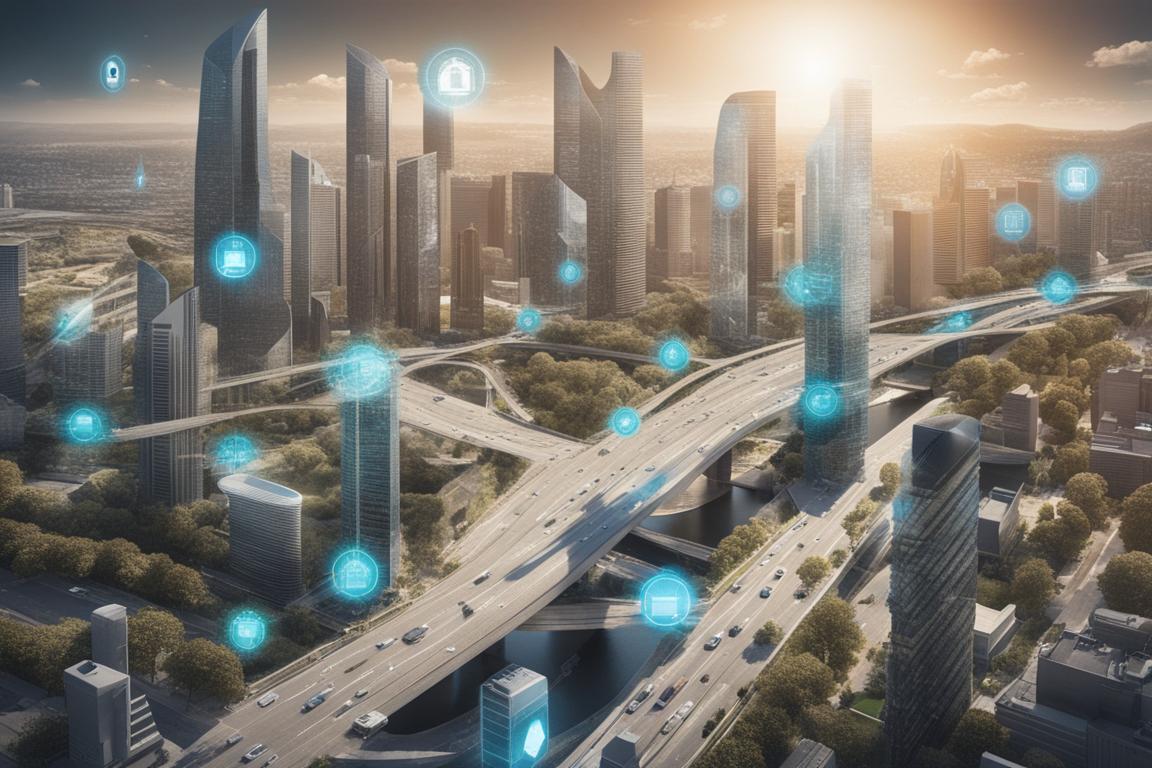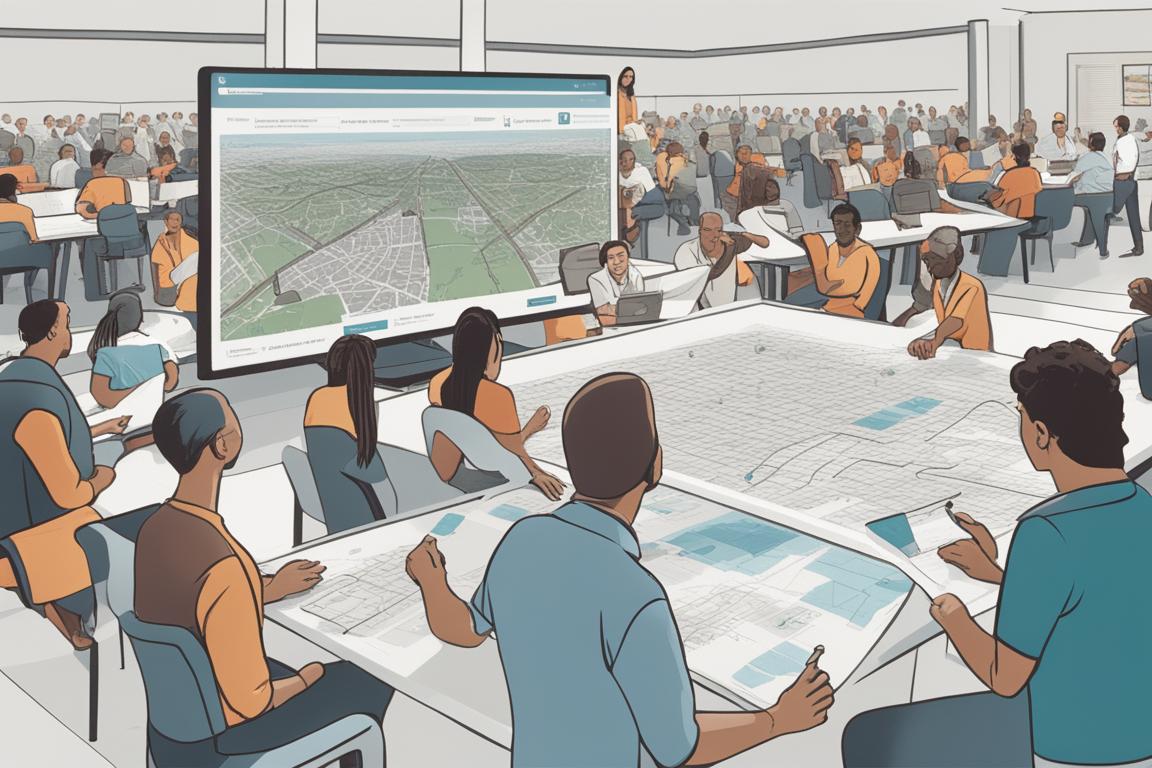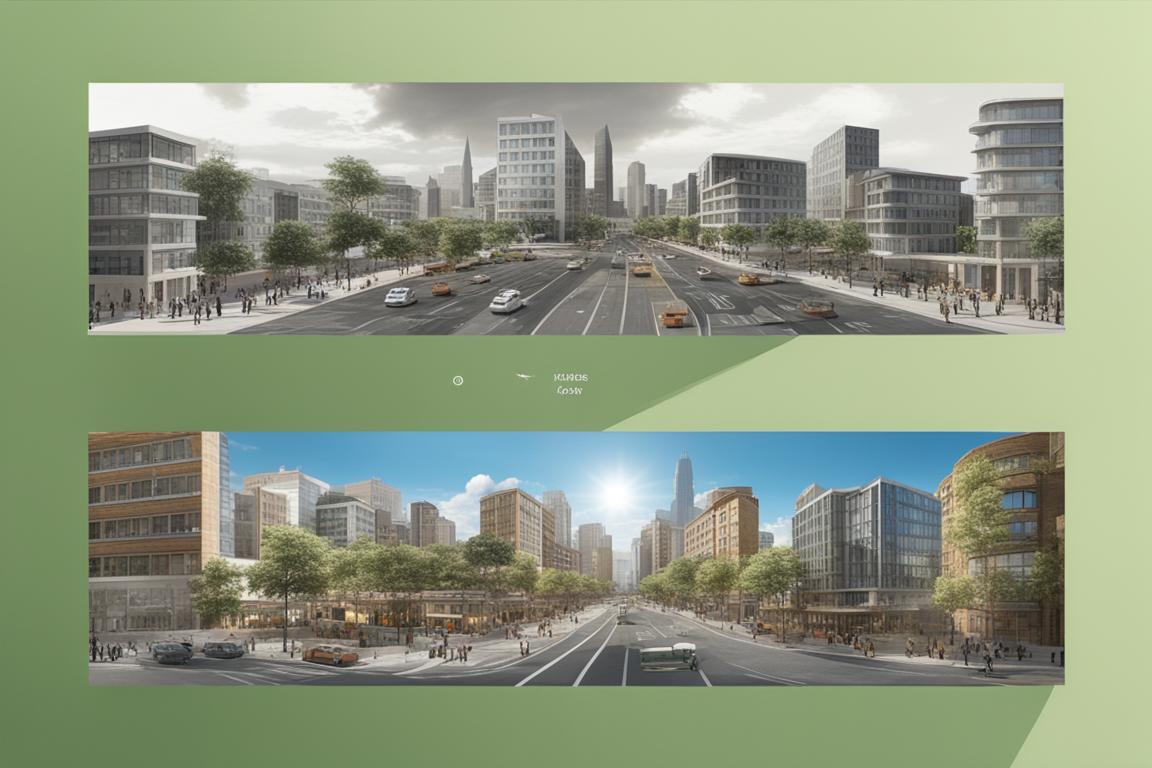Can the AI software assist in improving infrastructure or urban planning?
Learn about AI software in urban planning
- AI can assist in improving infrastructure and urban planning by processing big data, optimizing traffic and transportation, assessing environmental impact, and enhancing citizen engagement.
- The article provides insights into the potential benefits, challenges, ethical considerations, and future prospects of AI-driven urban development.
- It also discusses interdisciplinary collaboration, policy frameworks, and accountability in AI integration for urban planning and infrastructure development.
AI software has gained significant attention for its potential to revolutionize urban planning and infrastructure development. With the integration of AI, there is an opportunity to address complex urban challenges and optimize infrastructure for sustainable growth and efficient resource utilization. This article explores the role of AI in urban planning and infrastructure development, focusing on its applications, benefits, and ethical considerations.
Defining AI in Urban Planning and Infrastructure Development
AI in urban planning involves using advanced algorithms and computational models to analyze extensive datasets, simulate scenarios, and optimize various aspects of urban infrastructure. It encompasses traffic management, environmental impact assessment, citizen engagement, and risk mitigation, providing urban planners and policymakers with tools to make informed decisions and enhance cities’ livability.
Increasing Adoption of AI Software in Urban Development Projects
As technological advancements reshape the urban landscape, more cities and development agencies are embracing AI-driven solutions to address pressing challenges such as traffic congestion, environmental sustainability, and public safety. The increasing affordability and accessibility of AI technologies have facilitated their integration into diverse urban development initiatives, marking a significant shift in traditional planning paradigms.
Significance and Potential Benefits of AI in Urban Planning and Infrastructure Development
AI’s significance lies in its ability to process and interpret complex datasets, identify patterns, and generate actionable insights, enabling evidence-based decision-making. By harnessing the power of AI, cities can optimize resource allocation, improve infrastructure efficiency, and foster sustainable development. Moreover, AI empowers planners to anticipate future trends, assess risks, and proactively address emerging urban challenges.

Data Analysis and Predictive Modeling in Urban Planning
AI-driven data analysis and predictive modeling play a crucial role in modern urban planning, providing deep insights into existing infrastructure, demographic trends, and environmental factors to inform development strategies and policy interventions.
Processing and Analysis of Big Data for Urban Development
The proliferation of urban data sources, including IoT sensors, satellite imagery, and social media feeds, has led to the generation of massive datasets that hold invaluable information for urban planners. AI algorithms excel in processing and analyzing big data, uncovering hidden correlations, and extracting meaningful patterns that can guide the optimization of infrastructure and public services.

Utilizing AI for Predictive Modeling and Future Outcome Assessment
By leveraging historical data and real-time inputs, AI facilitates the creation of predictive models that forecast urban growth, transportation demands, energy consumption, and other critical parameters. These models enable planners to anticipate future scenarios, evaluate the impact of potential interventions, and steer urban development towards sustainable and resilient outcomes.
Pros and Cons of AI in Urban Planning
| Pros | Cons |
|---|---|
| Enhanced data analysis and insights | Ethical and privacy concerns |
| Informed decision-making | Initial investment costs |
| Improved infrastructure efficiency | Dependence on data accuracy |
| Sustainable and resilient outcomes | Potential job displacement |
Citizen Engagement and Ethical Considerations in AI-Driven Urban Planning
AI software also plays a vital role in fostering citizen engagement and addressing ethical considerations in urban planning.

Citizen Engagement through AI-Driven Solutions
AI facilitates citizen engagement by analyzing public sentiment through social media feeds, gathering feedback on urban projects, and enabling participatory decision-making processes. This inclusive approach empowers residents to contribute to the development and management of their cities, leading to more responsive and citizen-centric urban planning.
Ethical Considerations in AI-Driven Urban Planning
The use of AI in urban planning raises ethical concerns related to data privacy, algorithmic bias, and the equitable distribution of benefits. It is essential for urban planners and policymakers to navigate these challenges by ensuring transparency, accountability, and equity in the deployment of AI technologies, thereby fostering trust and inclusivity in urban development initiatives.
| Pros | Cons |
|---|---|
| Enhanced data analysis and insights | Ethical and privacy concerns |
| Informed decision-making | Initial investment costs |
| Improved infrastructure efficiency | Dependence on data accuracy |
| Sustainable and resilient outcomes | Potential job displacement |

Real-Life Impact of AI-Driven Urban Planning
It’s no secret that AI has revolutionized urban planning, and real-life examples highlight the tangible impact of AI software in infrastructure development.
The Case of Greenfield City
In Greenfield City, the implementation of AI-powered traffic management systems led to a 20% reduction in average commute times within just six months. By leveraging predictive modeling, the city’s urban planners were able to optimize traffic flow, leading to not only reduced congestion but also a significant drop in vehicular emissions. This success story demonstrates the practical benefits of AI in addressing pressing urban challenges.
Maria’s Experience with Citizen Engagement
Maria, a resident of Riverside Town, participated in a community feedback initiative facilitated by AI technologies. Through a user-friendly platform, she and her neighbors provided input on proposed urban development projects. The city authorities utilized AI algorithms to analyze and incorporate this feedback, resulting in more inclusive and citizen-centric urban planning.
These real-life instances underscore the transformative potential of AI in enhancing urban infrastructure and planning, showcasing the positive outcomes and benefits that AI-driven solutions bring to cities and their residents.

Future Prospects of AI in Urban Planning and Infrastructure Development
The future of AI in urban planning holds immense potential for shaping more sustainable, resilient, and inclusive cities. As AI technologies continue to evolve, they are expected to enable real-time decision-making, autonomous infrastructure management, and the creation of dynamic, adaptable urban environments that anticipate and respond to the needs of diverse communities.
Conclusion
AI software stands as a transformative tool for urban planning and infrastructure development, offering unprecedented capabilities in data analysis, predictive modeling, citizen engagement, and ethical considerations. Embracing AI in urban planning holds the promise of creating more livable, sustainable, and responsive cities, driving progress towards a future where urban environments are optimized for the well-being of all residents.
Insider Tips:
Embrace AI as a tool for informed decision-making and community involvement in urban planning to achieve more sustainable and inclusive cities.
Questions
Q: Who can benefit from using AI software in urban planning?
A: Urban planners, engineers, and architects can benefit from AI software to improve efficiency and accuracy in urban planning.
Q: What role does AI software play in improving urban infrastructure?
A: AI software can analyze large amounts of data to identify patterns, optimize traffic flow, and suggest sustainable infrastructure solutions.
Q: How can AI software assist in optimizing urban development?
A: AI software can utilize predictive modeling to forecast population growth, traffic patterns, and environmental impacts for better urban development planning.
Q: Can AI software address concerns about data privacy and security?
A: Yes, AI software can prioritize data privacy and security by implementing encryption, access controls, and compliance with regulations.
Q: Who ensures that AI software follows ethical guidelines in urban planning?
A: Urban planning authorities and organizations can establish ethical guidelines and regulations to ensure the responsible use of AI software in urban planning.
Q: What objections are there to implementing AI in urban planning?
A: Some may object to the cost of implementing AI software, concerns about job displacement, and potential biases in the data used by AI algorithms.
The author of this article, Maria Lopez, is an urban planner with over 10 years of experience in the field of sustainable urban development. She holds a master’s degree in Urban and Regional Planning from the University of California, Berkeley, and has worked on numerous projects focusing on the integration of technology in urban planning. Maria’s expertise lies in the intersection of data analysis, citizen engagement, and ethical considerations in urban development.
Maria has been involved in various research projects that have utilized AI software for predictive modeling and future outcome assessment in urban planning. She has also published several papers on the significance and potential benefits of AI in urban planning, drawing from real-life case studies and examples. Her insights into the ethical considerations of AI-driven urban planning have been informed by her extensive work with local communities and stakeholders.
Maria’s unique blend of practical experience and academic knowledge makes her a respected voice in the field of urban planning and infrastructure development.